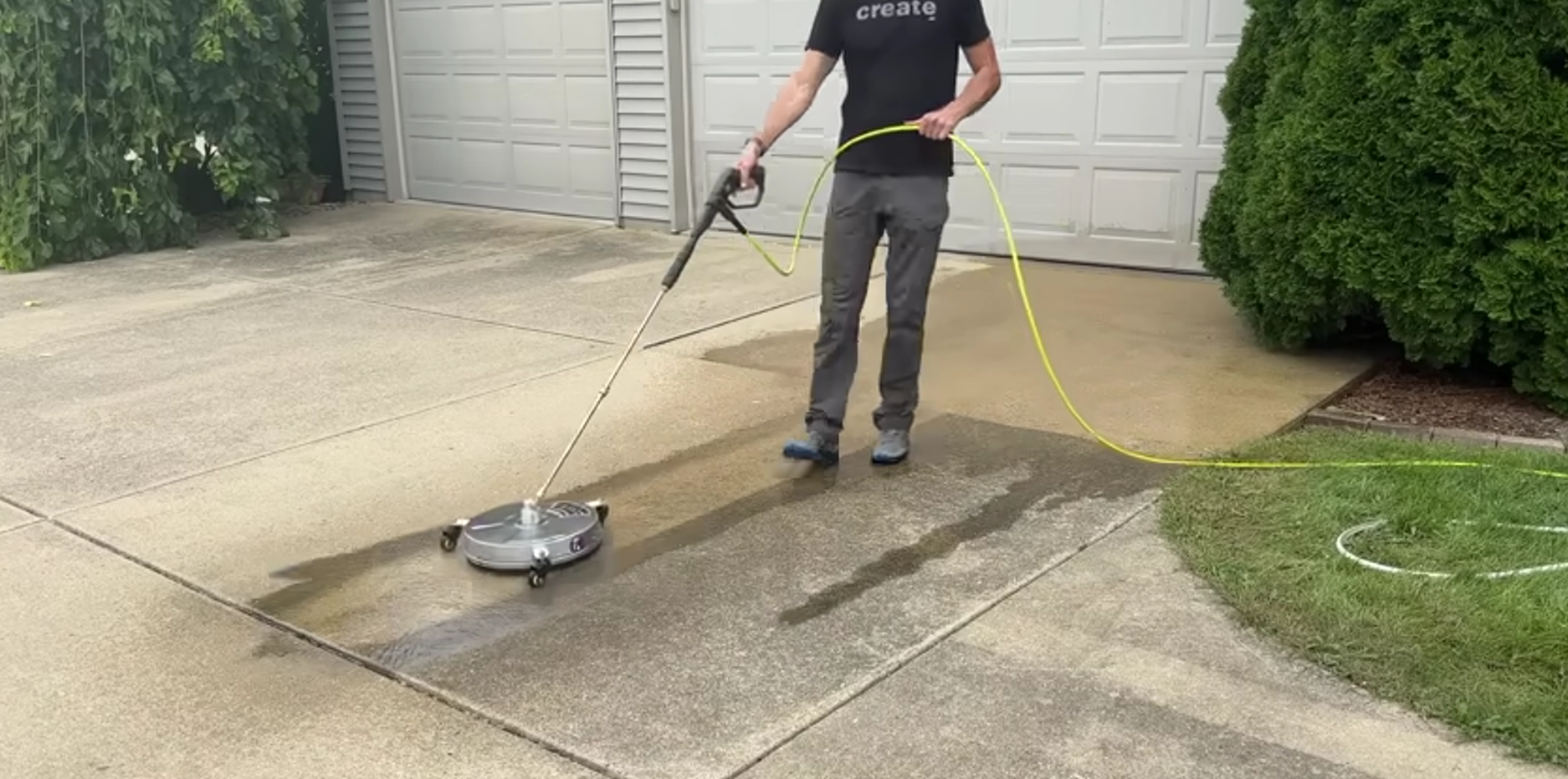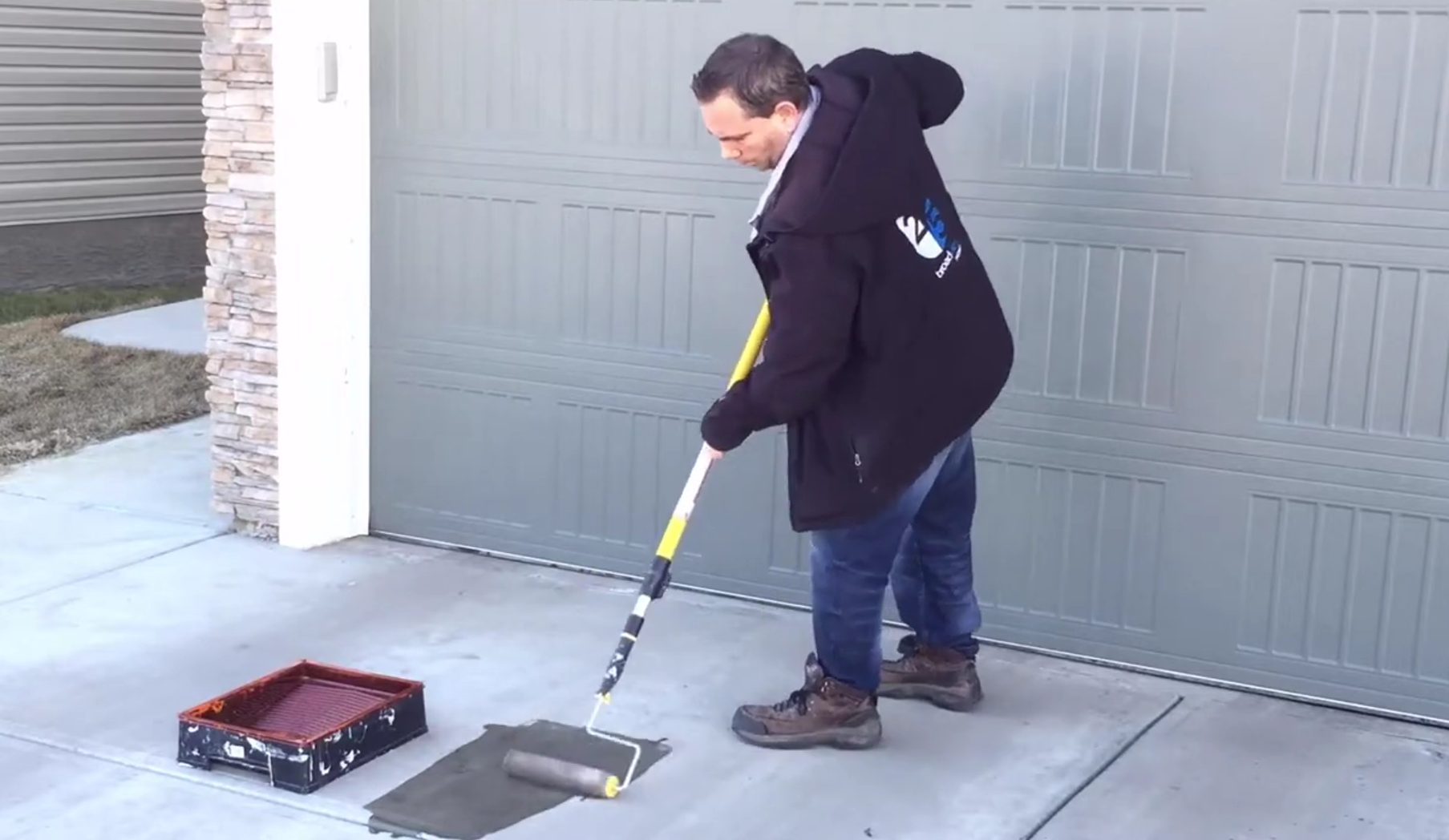What is the best way to clean my concrete driveway or patio?


Concrete remains one of the most reliable and adaptable materials in residential construction. Whether you're installing a driveway, patio, sidewalk, or foundation, professionally crafted concrete adds lasting value, durability, and curb appeal to your home. At San Tan Valley Concrete Pros, we provide complete residential concrete solutions—from skilled installations to ongoing maintenance—ensuring your surfaces remain strong, attractive, and built to last.
Maintaining Your Concrete: Best Practices for Homeowners
Concrete is low maintenance—but not no maintenance. With the right care, your concrete can remain crack-free, clean, and attractive for decades. Here’s how to keep it in top shape:
1. Regular Cleaning with a Surface Cleaner
Outdoor concrete is exposed to dirt, oil, algae, and weathering. Routine cleaning prevents buildup and stains.
- Use a Surface Cleaner: These attachments connect to pressure washers and distribute water evenly across the surface, reducing streaks and lifting grime more effectively than a standard nozzle.
- Cleaning Frequency: Once or twice a year is ideal for patios, walkways, and driveways. For high-traffic areas or heavy staining, clean seasonally.
2. Sealing Your Concrete
Sealing is a key step to keeping your concrete in top shape for the long haul.
Why Seal?
A quality sealer helps protect against moisture, sun damage, harsh chemicals (like de-icers), and general wear and tear. It also brings out the color and beauty of decorative finishes.
When to Seal?
Every 2 to 3 years is a good rule of thumb—more often if your concrete sees heavy traffic or extreme weather.
Popular Sealer Options:
- Penetrating Sealer: Great for driveways and sidewalks. It soaks into the concrete for strong, invisible protection.
- Acrylic Sealer: A favorite for stamped or decorative concrete. It adds shine and boosts color for a standout finish.
Helpful Tip:
Always start with a clean surface—sealing over dirt or stains can lock in flaws and reduce the sealer’s effectiveness.
3. Prompt Crack Repair
Cracks are inevitable over time due to shifting ground or temperature changes. Catching them early makes all the difference.
- What to Use: Flexible polyurethane or epoxy crack fillers work well for small to medium cracks.
- Why It Matters: Open cracks allow water to seep in, freeze, and expand—worsening the damage.
4. Watch the Weather and What You Use
Concrete can be affected by certain chemicals and loads:
- Avoid Harsh De-icers: In winter, use calcium chloride instead of salt. Salt can cause scaling and surface breakdown.
- Be Careful with Heavy Vehicles: Residential concrete is usually designed for passenger vehicles. Avoid parking large RVs or delivery trucks unless your slab is reinforced for it.
5. Regular Inspections
- Check for signs of spalling, shifting, or water pooling.
- Clean expansion joints and reseal as needed to prevent weed growth or erosion.
Protect Your Investment
Concrete is more than just a building material—it's a long-term investment in your home's value and function. At [Your Company Name], we not only install quality concrete surfaces, but we also educate homeowners on how to protect them.
If your concrete is looking worn or you’re due for maintenance, contact us today for an inspection or sealing service. We’re here to help keep your concrete clean, sealed, and structurally sound.